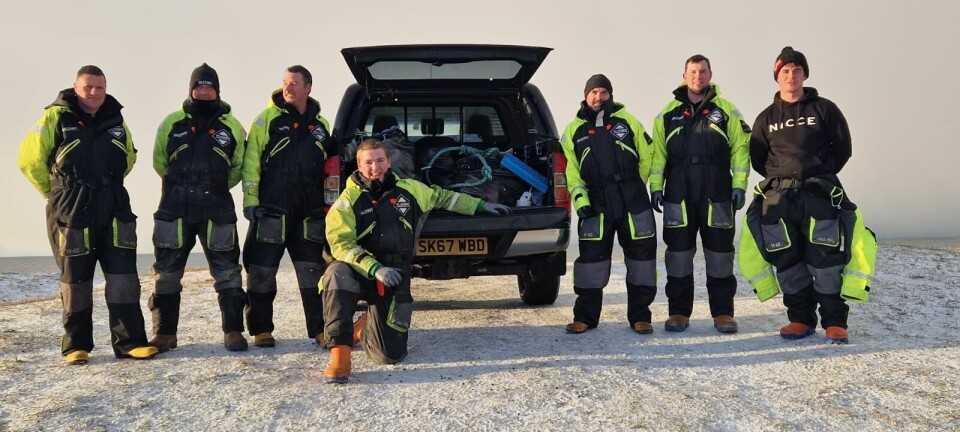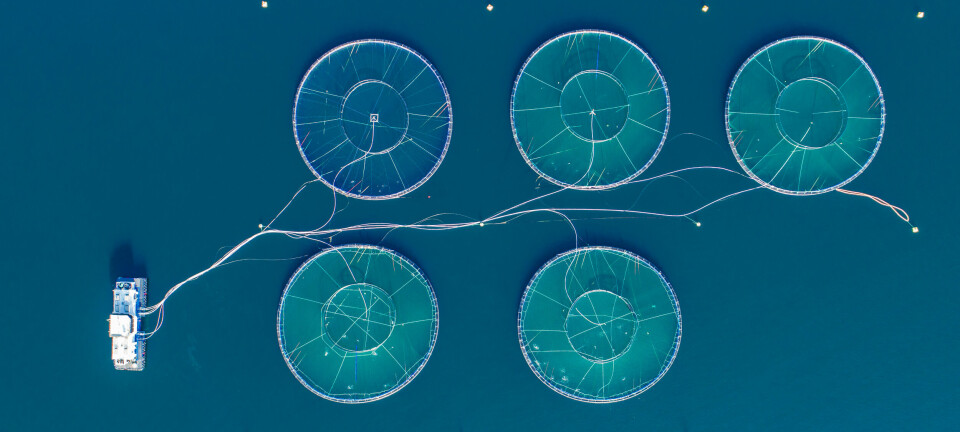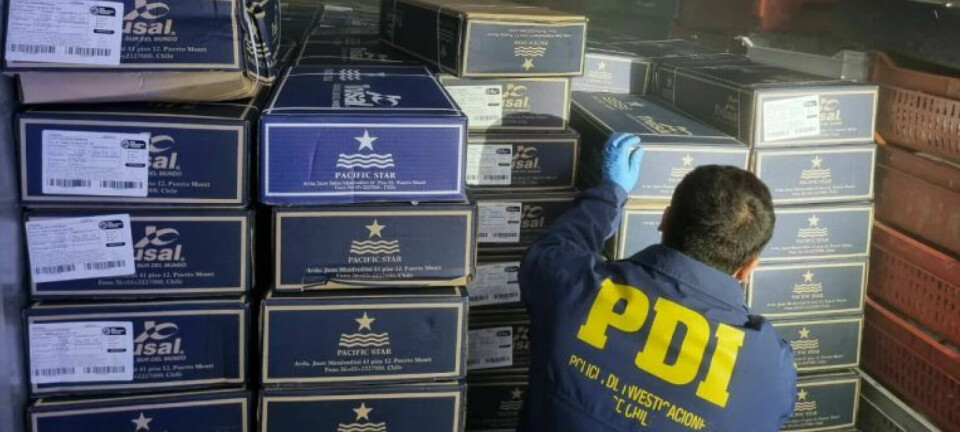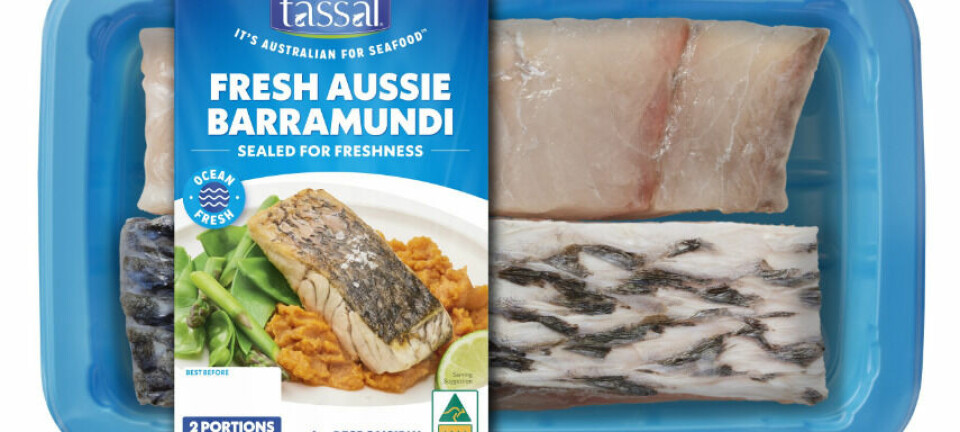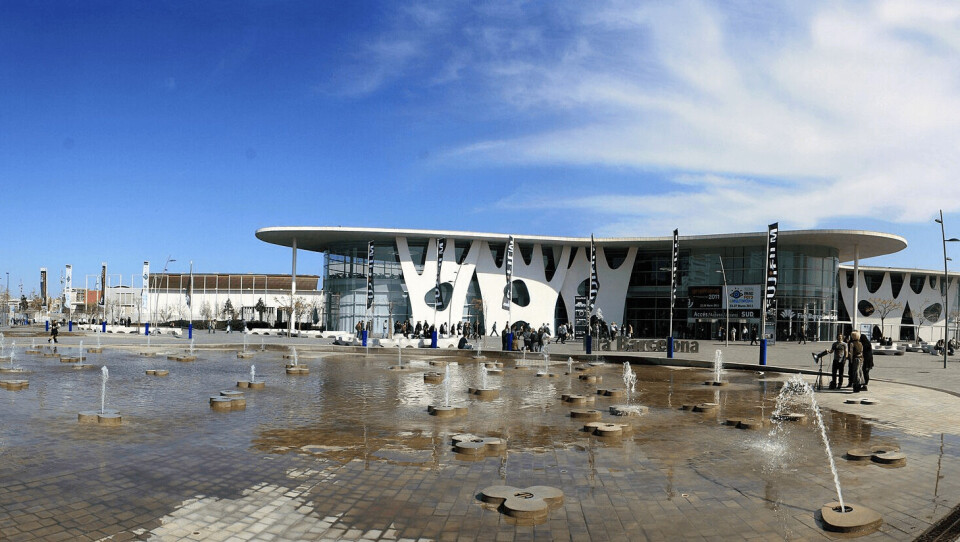
Seafood Expo Global conference programme announced
The organiser of the world’s largest seafood trade show, Seafood Expo Global, has announced an extensive conference programme covering the seafood industry’s main challenges.
The show, which takes place in Barcelona for the first time after moving from Brussels, will present more than 20 educational sessions during the three-day event, from April 26-28.
Expo organiser Diversified Communications said the programme aims to provide an in-depth perspective on topics such as seafood business and leadership, the evolution of fisheries and aquaculture markets, sustainability, initiatives against climate change effects and the impact of the Covid-19 pandemic on the global seafood trade, among others. These topics include practical and theoretical approaches.
The programme will feature more than 65 leading international experts from the seafood sector, from key policy makers and business professionals, to entrepreneurs, NGO promoters or experts in biodiversity and sustainability.
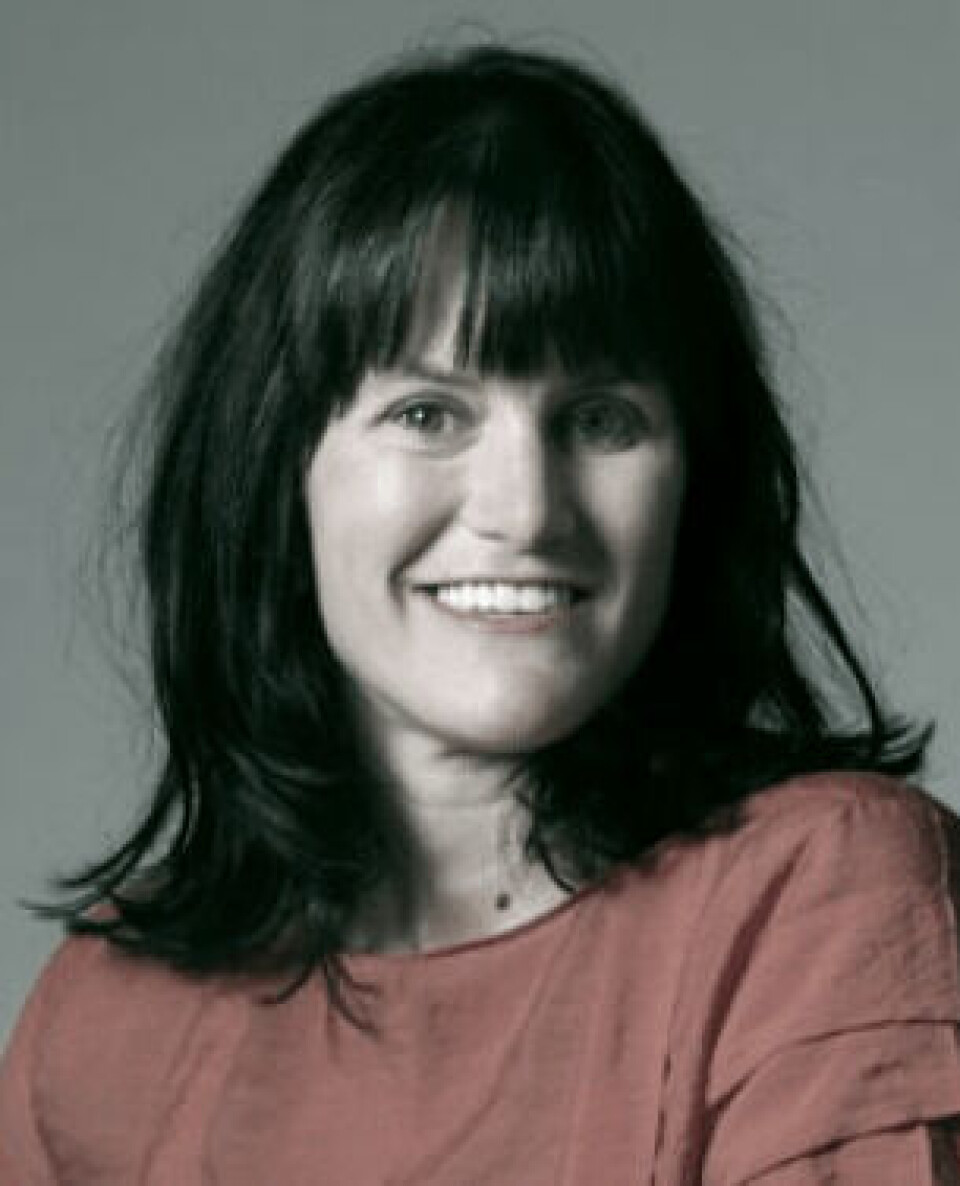
Prominent names
Amy Novogratz, co-founder and managing partner at Aqua-Spark, Audun Lem, deputy director at FAO Fisheries and Aquaculture Division, Javier Garat, president of Europêche and the International Coalition of Fisheries Associations (ICFA), and Christophe Vande Weyer, policy pfficer in the Directorate-General for Maritime Affairs and Fisheries of the European Commission, are some of the most prominent names who will participate.
The conference schedule at the Fira de Barcelona venue will kick off on April 26 with a keynote presentation by global economist and Financial Times columnist Megan Greene. Her address, ‘Economic Outlook for 2022’, will examine high frequency economic data, structural trends, global flows, political factors and policy developments to determine the state of the global recovery and to highlight risks and opportunities for businesses and markets.
Following Green’s presentation, the workshop ‘From Revolution to Evolution: the Fishery and Aquaculture Market in a Post Covid-19 World’ will provide insights into new business opportunities, emerging markets and changes in consumer behaviour in a new pandemic era.
Technology and sustainability
One of the main themes of the programme will show how the latest technologies and sustainability projects are shaping a new global market. Actors such as Novogratz will join the ‘Venture Capital and Technologies Advancing the Seafood Industry’ session on April 26.
This panel discussion aims to evaluate how innovations under development by leading entrepreneurs are reimagining the food system and fighting against the effects of climate change on the oceans. Christian Lim, SWEN Blue Ocean managing director, and Chris Gorell Barnes, cof and managing partner at Ocean 14 Capital, are some of the other speakers who will join Novogratz.
On April 27, ‘Eating Up the Oceans – How Do We Save Our Oceans?’ will bring out sobering solutions to change seafood consumption habits, as overfishing, pollution, habitat loss and global warming threaten the existence of marine life.
Over the last year, led by The Lexicon, Google and the Global Sustainable Seafood Initiative, more than a hundred participants have come together to build a connected market tool and create a more equitable food system. Speakers including Michiel Bakker, vice president of Global Workplace Programs at Google, and Douglas Gayeton, co-founder of The Lexicon international storytelling initiative to share the narrative of biodiversity around the globe.
Aquaculture issues
An array of sessions will also explore the most critical issues facing aquaculture today and what future points are on the horizon. With the cooperation of experts in environmental foot printing in the agri-food sector, some presenters will explain how collective initiatives work to measure and reduce their carbon footprints along aquafarming supply chains.
Others will share case studies that have managed to position themselves as climate-friendly options or how the entry of Environmental, Social and Governance (ESG) investing into the fisheries and aquaculture markets is moving closer to a local and more sustainable fish production model.
Other discussions will examine the importance of increasing transparency about human rights risks in seafood supply chains to advance social responsibility in the industry, as well as the opportunities that a meta-collaborative approach can offer to the seafood industry, where economies of scale can be employed, and the sustainability of seafood products can be improved. The conference programme will also feature case studies with practical and theoretical approaches that can be applied to seafood businesses in real time.
To access the conference programme, which will be presented in English, visitors must register in advance and obtain a conference badge. The badge also allows attendees access to the exhibit hall and the opportunity to attend free sponsored sessions.
















































